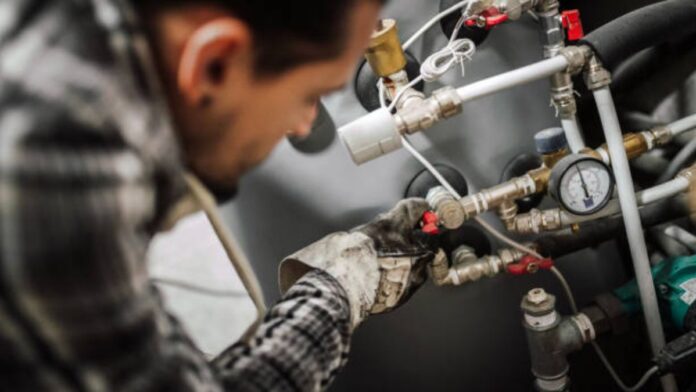We live in environmentally conscious times, where it is imperative that we all play our part. The world as we know it, is on an environmental precipice, where decades of pollution and an over reliance on fossil fuels, have made climate change a living reality. The effects of global warming and climate change in general, have the potential to be catastrophic for humanity. Outcomes from climate change, include rising sea levels, which causes increased flooding, more extreme weather patterns, and the potential for droughts and famines on a global scale.
As homeowners and consumers, we can effectively limit our impact on the environment and reduce our carbon footprint, by choosing to make energy efficient upgrades in and around our homes. Here are just some of the ways we can achieve this.
Ensure your plumbing isn’t leaking
It is estimated that in North America alone, the average household wastes ten thousand gallons of water every year due to leaky pipes. As we approach an age where water conservation is considered to be crucial, it is vital that no home wastes water. In addition to protecting the viability of our planet, leaky plumbing such as a stack pipe leaking, can cause property damage, expensive to rectify, and pose significant health risks if noxious gases cannot be vented or waste is not transported effectively through the plumbing system. As well as giving your visible plumbing systems, a spot check on a regular basis, ensure that plumbing specialists are called out to inspect pipework at the first sign of significant problems.
Check your home is thoroughly insulated
If your home is an old building that has not been renovated, you may find that it is inefficient in trapping heat. This will result in you having larger energy bills to heat your home, especially in the winter months. In turn this leads to a greater demand for the energy supplied by power companies, which increases the use of fossil fuels in energy production, adding to global warming.
Modern insulation techniques for the home, include cavity wall insulation, where a range of energy-saving insulating materials are used to fill the gap between the two sets of thin exterior walls in your property. It is estimated that a property without cavity wall insulation, can result in a third of a home’s heat being lost. Clearly, having effective cavity wall insulation, can dramatically reduce your heating costs and represent a substantial energy saving.
Choose energy efficient appliances
When your old refrigerator, cooker or washing machine is no longer up to scratch and needs to be changed, it makes great environmental sense, to choose a new model that scores highly in terms of its energy efficiency rating. The new energy efficiency rating, which was introduced in 2021 across the EU, is a rating system with letters from A to G. ‘A’ describes the most efficient appliance, while ‘G’ denotes the least efficient. There are few appliances at present, that receive an ‘A’ rating, due to the higher efficiency standards needed to achieve this new rating. Choose the most efficient machine you can find, to ensure you are minimizing your energy consumption and lowering your carbon footprint. You can also compare power providers in your area to know which company offers the cheapest energy plan. Cheap energy plans often offer lower rates or discounted prices, which can result in significant savings over time.









